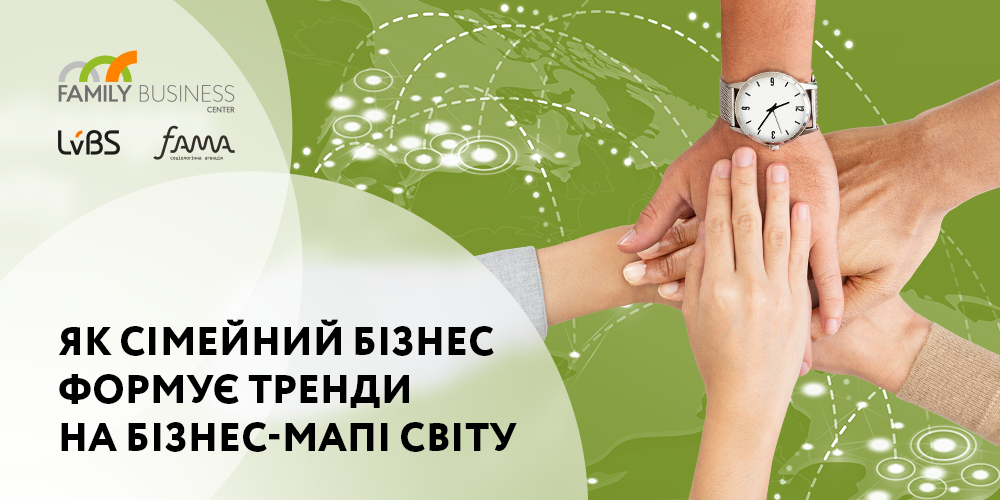The strengths of family business are often overlooked. It is particularly true in Ukraine because with us those are mainly young and small companies. But experts assure that the family business philosophy — a commitment to values, long-term planning, sensible leverage — is the center of attention in times of crisis and rapid changes. We would like to present a brief overview of the 10th survey by Family Business Network International (FBN) and PwC.

In 2009, after the financial crisis family businesses managed to reinstate their positions perfectly well. And it is likely to happen again in the post-COVID-19 era for two key reasons: family business is more trusted than others, and it is more resilient in the majority of sectors.
The recent surveys confirm another important aspect. Only 21% of family business representatives say they required additional capital in 2020 when other companies raised a record USD 3.6 trillion from public investors to ensure liquidity. Moreover, family businesses that took part in the FBN and PwC survey expect a return to steady growth by 2022.
This is good news for the world economy because according to the Oxford Review of Economic Policy estimates family business contributes more than half of GDP and two-thirds of employment.
However, to develop in the modern world one requires dynamics and innovations — a rethinking of one’s priorities and behaviors, including increasing investment in the digital tools necessary for economic resilience. That is where family businesses are not setting trends. Even though four out of five (80%) respondents say that initiatives related to digitalization, innovations, and technologies are a top priority, progress in these areas has been slow. Only 19% state that they fully use their digital capabilities, and 62% believe they have a long way to go in this area.
Family business owners want, above all, to create a company that makes a positive impact and a decent legacy for future generations. They have earned a reputation for prioritizing their employees and the communities they work in. The survey respondents have also shown a desire to be leaders in the area of sustainability, but their progress has been slow — only 37% have a sustainability strategy in place.
Family businesses think about the total impact of their activity on society. Over 80% engage in social responsibility activities; in particular, 42% claim to be engaged in philanthropy. However, experts assure that sustainability needs to be central to their business activities, rather than simply embedded within their philanthropic activities.
The key facts:
- Trust: according to the Edelman Trust Barometer 2020 report, 67% of respondents trusted family businesses, while the percent of respondents who trusted other companies was smaller (58%).
- High economic resilience: 79% of the FBN and PwC survey respondents say they needed no additional capital in 2020, and only one-third (34%) has cut dividends during the crisis. In general, only one out of five enterprises (21%) needed to access extra capital; 15% of the owners are investing more of their own money, and 23% say they are ready to act like this if necessary. 64% expect to grow in 2021.
- Digital transformations: nowadays, only 38% of family businesses are sure of their digital capabilities; but in 2018, 80% were worried about innovations and technologies, and 57% said they would invest in them.
- Social responsibility: over 80% of family businesses engage in social responsibility activities, 42% are engaged in philanthropy.
Information:
The 10th survey by Family Business Network International (FBN) and PwC has embraced 2,801 businesses in 87 countries. It was conducted from October till December 2020. Find more details here.





















